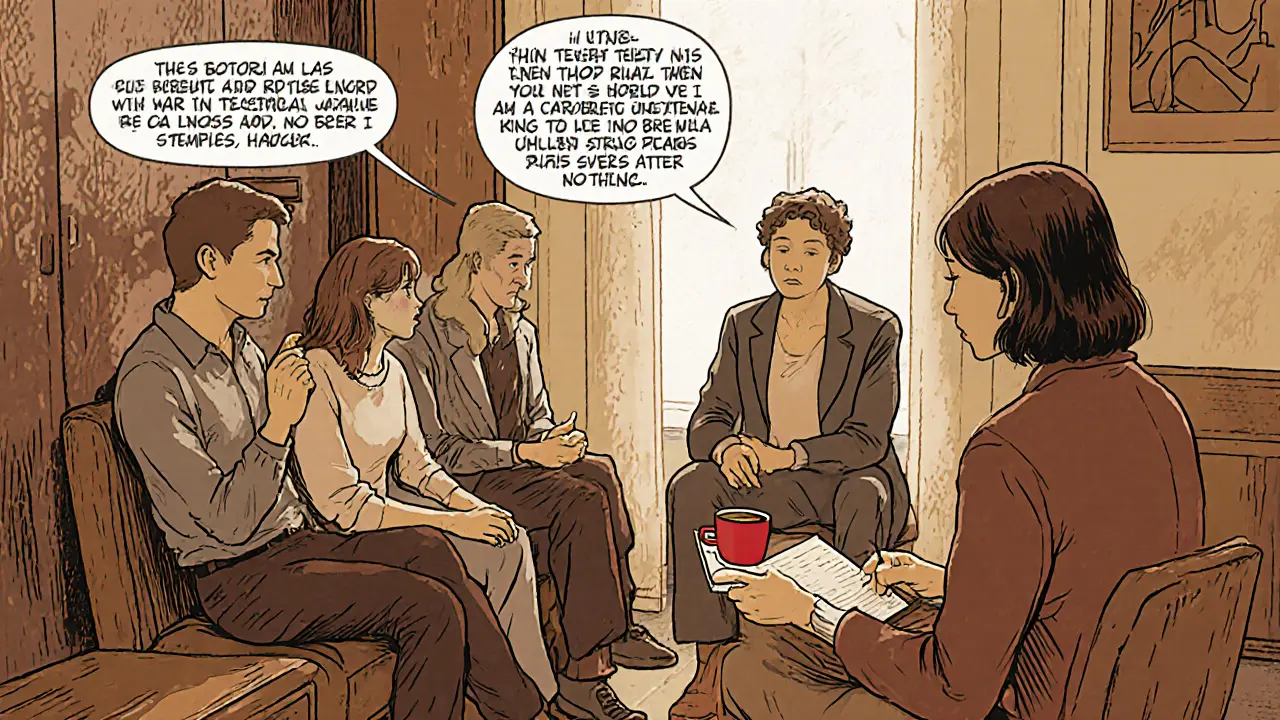Terapie pro cizince: Kdy a jak získat psychologickou pomoc v ČR
When you're far from home, even small things can feel overwhelming. Terapie pro cizince, psychologická pomoc navržená pro lidi, kteří žijí v zemi, kde nejsou jejich mateřský jazyk ani kultura domovem. Also known as psychoterapie pro cizince, it is not just about talking—it’s about being understood when your world feels upside down. Many people think therapy is only for those with serious problems, but it’s also for those who are tired of pretending everything is fine. If you’ve ever felt lonely in a crowded city, misunderstood at work, or overwhelmed by bureaucracy, you’re not alone—and help exists.
Jazyková bariéra v terapii, překážka, která brání cizincům v účinné komunikaci s terapeutem, i když znají češtinu na úrovni B2. Speaking a language isn’t the same as feeling safe enough to cry, scream, or admit you’re scared in it. That’s why some therapists offer sessions in English, Ukrainian, Russian, or other languages. Others use interpreters—but only if you’re comfortable with it. Your feelings shouldn’t get lost in translation. And if you’re unsure where to start, look for centers that specialize in cross-cultural support. They know how to build trust when you don’t yet know who to believe.
Duševní zdraví cizinci, souhrn výzev, kterým čelí lidé žijící mimo svou původní kulturu: izolace, diskriminace, rodinný tlak, migrace jako trauma. Moving to a new country doesn’t automatically mean a fresh start. Sometimes it means carrying grief, guilt, or fear in silence. You might feel guilty for struggling when others say you’re "lucky" to be here. But luck doesn’t fix sleepless nights or panic attacks before job interviews. Therapy for cizinci isn’t about fixing you—it’s about helping you find your footing again. Whether you’re here for work, study, or safety, your pain is valid.
What you’ll find in the articles below are real stories and practical steps—not theory. You’ll learn how to recognize when stress has become too heavy, how to ask for help without feeling weak, and where to find therapists who actually speak your language—or know how to listen without it. Some posts explain how to apply for state-funded therapy, others show you how to handle cultural misunderstandings in sessions, and a few even list free support lines for non-Czech speakers. This isn’t a list of options. It’s a map.
Jak najít psychoterapeuta, který pracuje v angličtině nebo jiném jazyce? Zjisti, kdy je terapie v cizím jazyce efektivní, jaké jsou ceny v Praze a Bratislavě a jak se vyhnout běžným chybám při výběru.
Pokračovat ve čtení...
